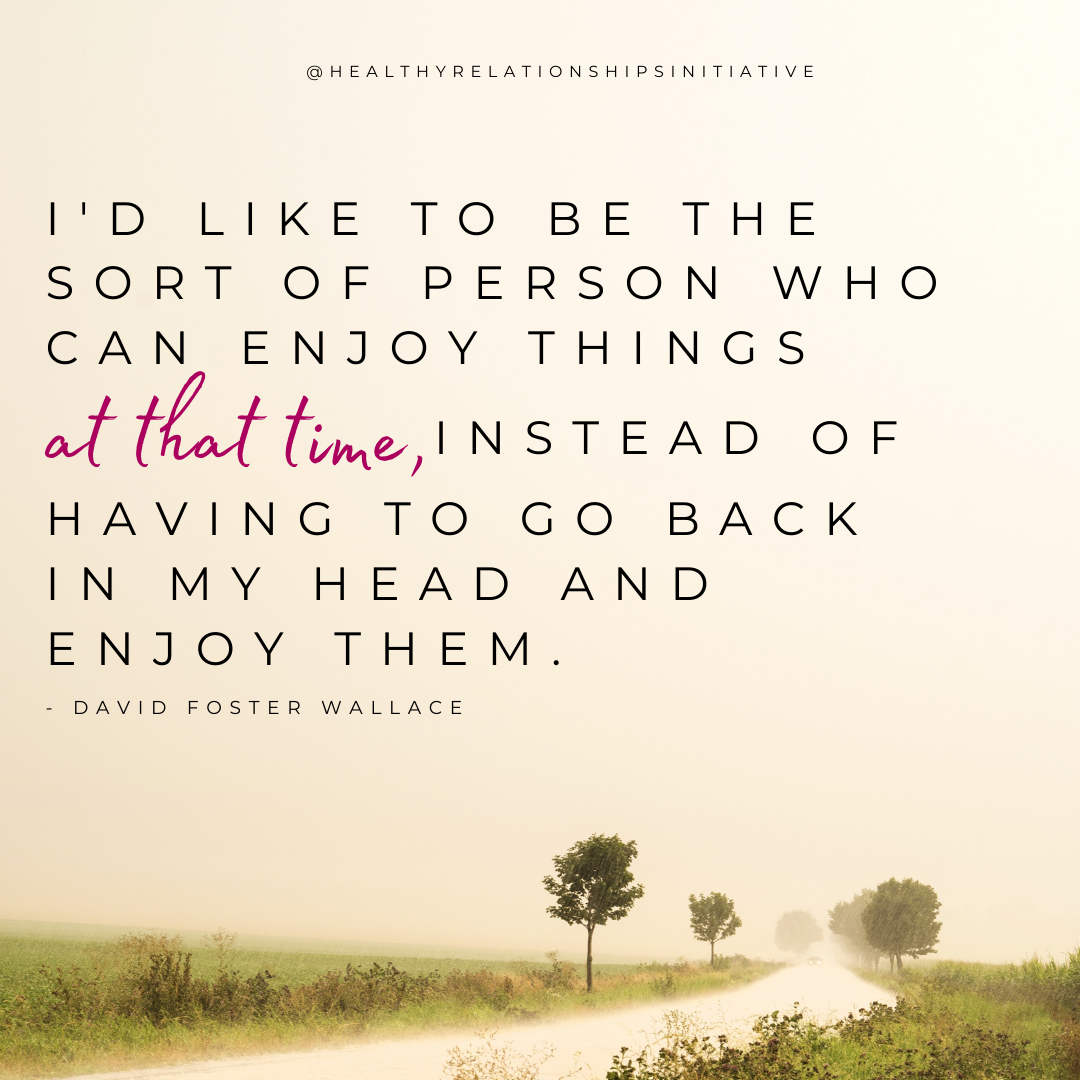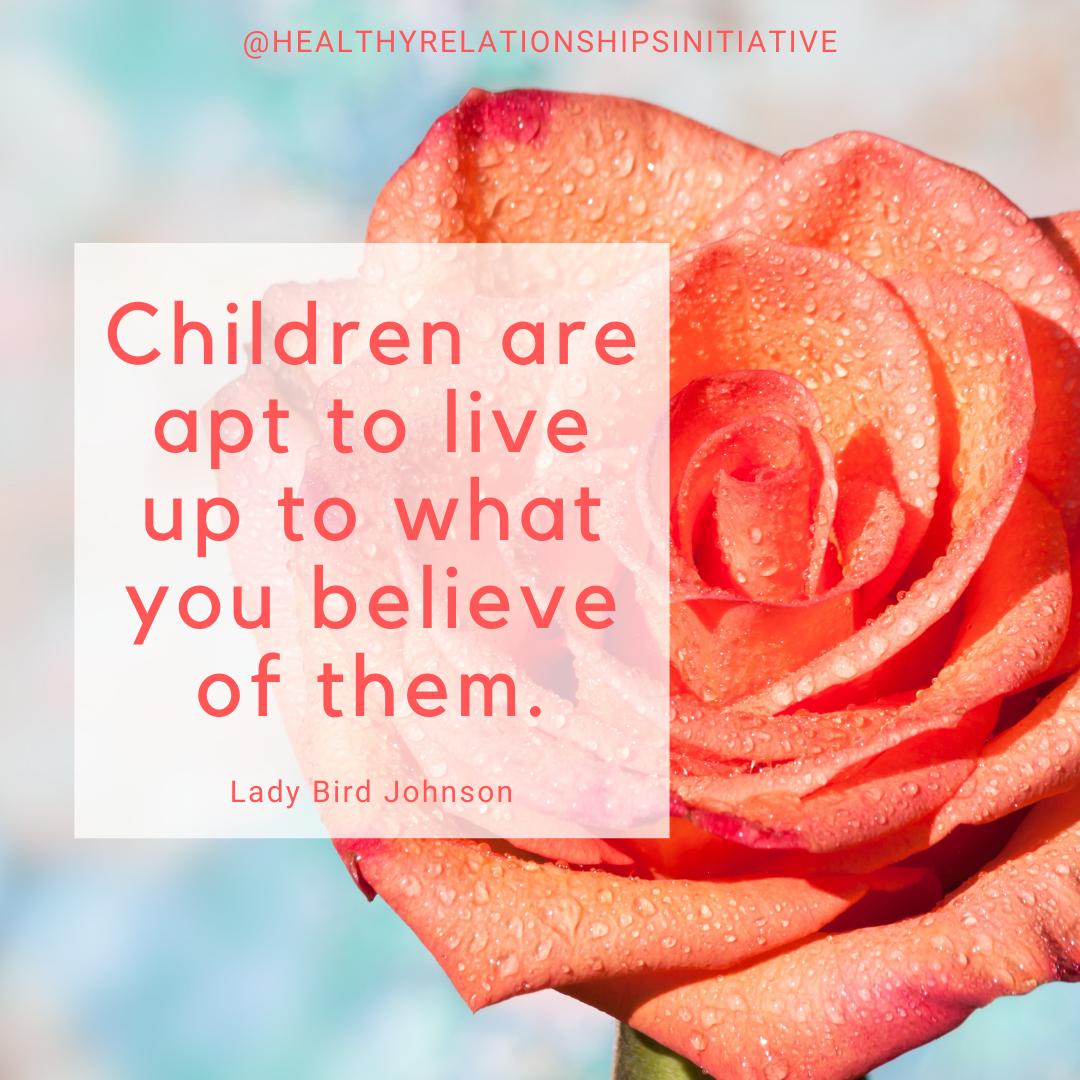
Often, burnout is the result of people carrying more responsibilities than they can manage on their own. So, if you’re experiencing burnout, reach out to friends, family members, and your spiritual community for support.
If you have a supportive spouse or partner, ask them to help carry more of the parenting and household responsibilities, even if for just a short period of time while you can rest and recover.
Don’t be afraid to let others know you are overwhelmed–most likely, others will relate to your experiences and be happy to help.From previous HRI blog post, When Moms Feel Burnout.









